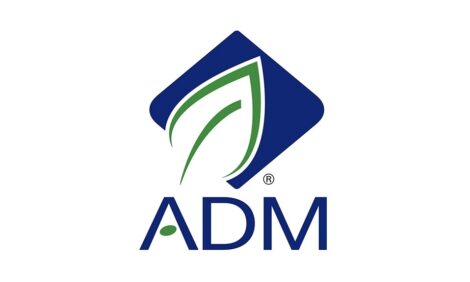



Cage Egg Production Delivers Welfare to Hens
AUSTRALIA - The Australian Egg Corporation Limited (AECL) has spoken out in support of eggs produced from caged hens.Responding to a new Animals Australia campaign against caged egg production and moves by Coles to stop selling Coles brand caged eggs from the New Year, AECL Managing Director, James Kellaway, said: “Purely banning eggs from one egg production system is misguided. The decision should be a consumer’s - based on their personal choice and budget. Families shouldn’t be manipulated by activists."
There are three recognised egg farming systems, Caged, Barn and Free-Range. Caged eggs comprise 55 per cent of the retail market, demonstrating that it is what customers desire. Good labelling is key to providing consumers with the information they need to assist them with their purchasing decisions.
“Each of the three main egg farming systems has welfare strengths and weaknesses. For example, hens in cages are likely to live longer, be more healthy and are safe from weather and predators. Just like Animals Australia, AECL fully supports greater welfare outcomes for all of our laying hens but we believe science should lead the way, not emotion or self interest. As such, we have invested more than $10 million over 10 years in research and development into better welfare for hens and this investment will continue,” Mr Kellaway said.
“And recent research by the University of Sydney’s Faculty of Veterinary Science found that caged hens are no more stressed than free-range or barn hens. We should be listening to science rather than emotion when making decisions about ensuring Australians have access to affordable and nutritious eggs,” he said.
AECL has been through a two-year development process to produce a new Quality Assurance (QA) programme for egg production, which will apply over 170 audit points covering issues from hen welfare, food safety or hygiene, animal health or disease control, environmental stewardship, egg labelling, site security and stocking densities. These 170 points set out the requirements for best practice in the production of eggs at farm level and complying farmers would be entitled to label their eggs with AECL’s quality assurance logo.
“AECL recognises the importance for reliable and consistent labelling to provide
consumers with the information they need to make their purchasing decisions. We
have worked with the market to ensure all new QA measures are in accord with their
assurance systems and support the best interests of accurately informing Australian
consumers,” said Mr Kellaway.
“If the cage egg farming system was banned and all eggs were produced in lower-density free-range egg production systems (as some people are demanding), egg prices would go through the roof for a product that is now a little bundle of affordable nutrition for all Australians.
“On average, Australians eat 214 eggs per year - 55 per cent are caged eggs. It’s critical that we ensure this safe and healthy food source continues to be affordable for every Australian family. Not everybody can afford free range eggs and we wish to continue to provide choice for a highly varied market,” he concluded.








